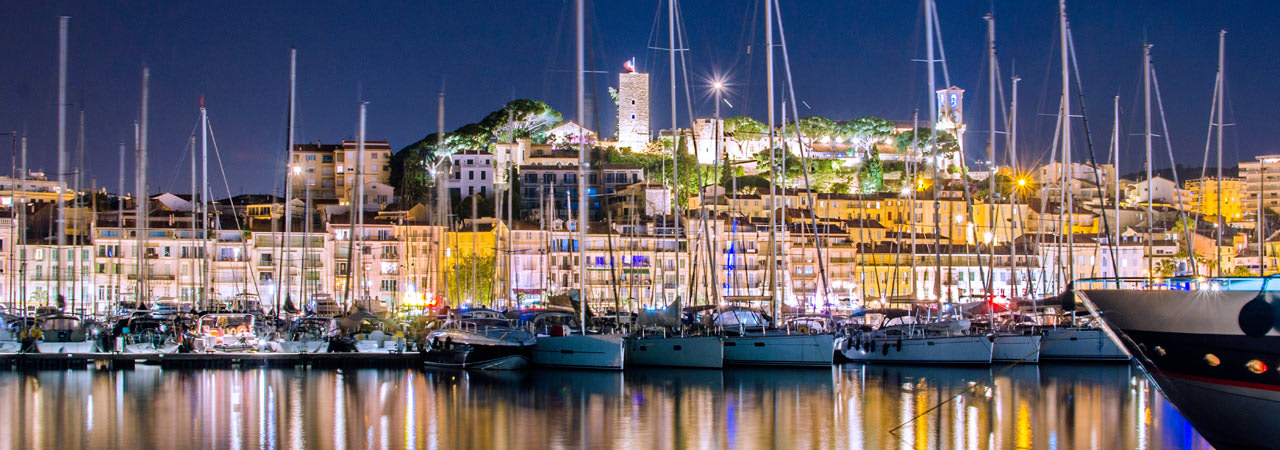
French Riviera Property
Inviting 1 bedroom Apartment for sale with panoramic view in Antibes, Cote d'Azur French Riviera
Totally refurbished 1 bedroom apartment, ideally situated just 3km from the centre of Antibes, in a quiet and highly sought after residential area located west of the town centre. With a spacious......
2 bedroom Apartment for sale with sea and panoramic views in Mandelieu la Napoule, Cote d'Azur French Riviera
Bright and spacious open plan 2 bedroom apartment with communal gardens, pool and tennis courts, enjoying panoramic sea views from its location in Mandelieu la Napoule. This stylish property of ar......
Bright 2 bedroom Apartment for sale with sea view in Nice, Cote d'Azur French Riviera
In excellent condition throughout, this lovely 2 bedroom 2nd floor apartment has a total light filled living area of 80m2, plus a spacious terrace with beautiful sea views. Situated in a well-main......
Immaculate 3 bedroom Apartment for sale with panoramic view in Biot, Cote d'Azur French Riviera
Luxurious new 3 bedroom architect designed apartment with garden and communal pool, enjoying panoramic countryside and sea views from its location in Biot. This intimate residence, with a contempo......
Refurbished 1 bedroom Apartment for sale in Cannes, Cote d'Azur French Riviera
Completely refurbished using high quality materials throughout, this bright apartment comprises of: entrance hall, fully fitted and equipped open kitchen, living room, bedroom, bathroom and a guest......
Pied a l'eau 2 bedroom Apartment for sale in Port Grimaud, Cote d'Azur French Riviera
Stylish and beautifully presented 2 bedroom apartment on the top (second) floor of a waterfront residence with mooring. The 45m2 property is newly renovated and air-conditioned. It includes : ......
Bright 2 bedroom Apartment for sale with sea view in Roquebrune Cap Martin, Cote d'Azur French Riviera
With lovely sea views, this bright 2 bedroom apartment is ideally situated in a quiet area, yet just 2km from the sea and the beaches of Roquebrune Cap Martin. With a living area of 59m2, this bri......
Bright 1 bedroom Apartment for sale with sea view in Californie, Cannes, Cote d'Azur French Riviera
Bright and spacious one bedroom apartment with cellar, enjoying panoramic sea views from its location in a peaceful area near all amenities in Basse Californie, Cannes. Situated on the second floo......
2 bedroom Villa for sale in Port Grimaud, Cote d'Azur French Riviera
Attached South facing 2 bedroom villa, in a secure residence, just 400m from the beach. On the ground floor is a living and dining room opening onto a large terrace and an open plan fitted kitchen......

Over 20 Years experience in
global luxury real estate
Large network of
professional multilingual offices
No fees
We are paid by our agents
to introduce buyers

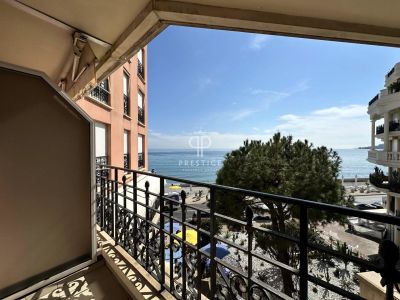
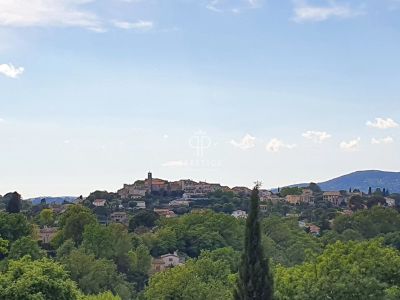
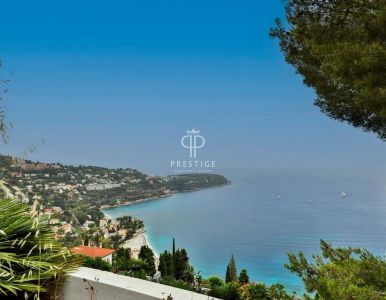

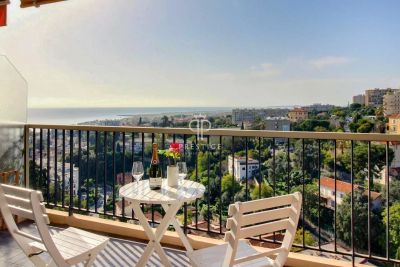
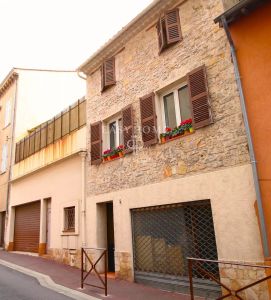
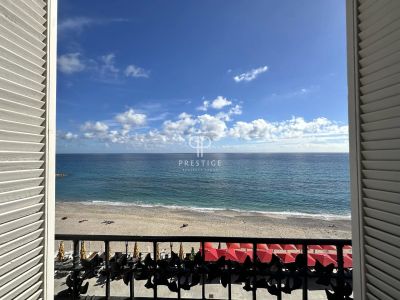
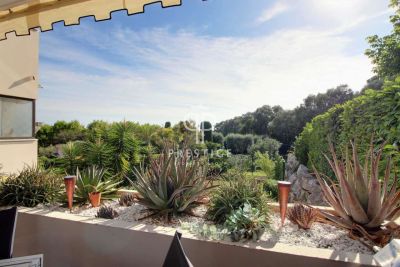
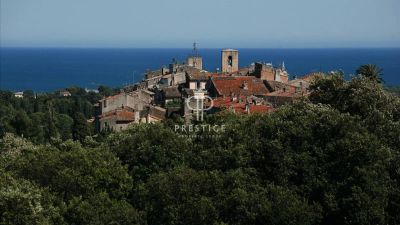
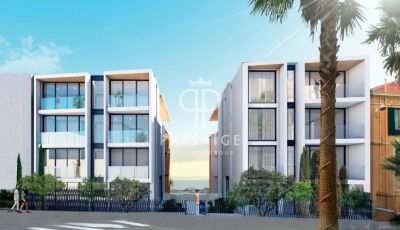
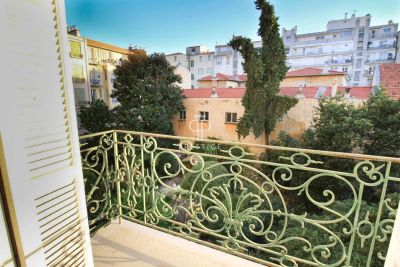


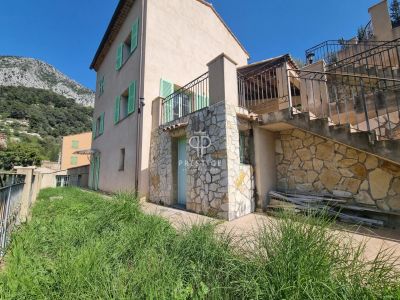
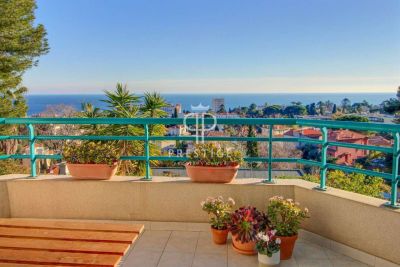

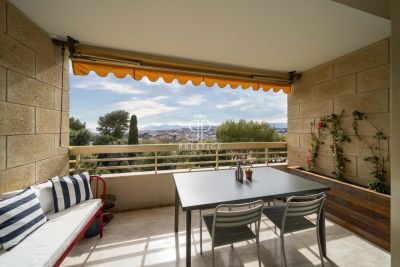

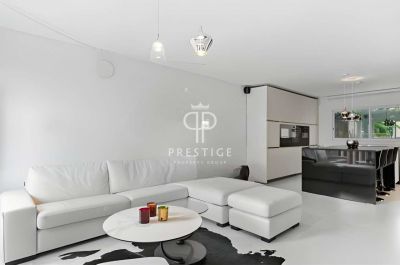
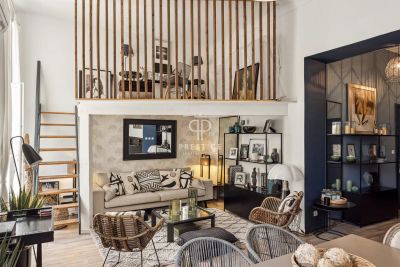

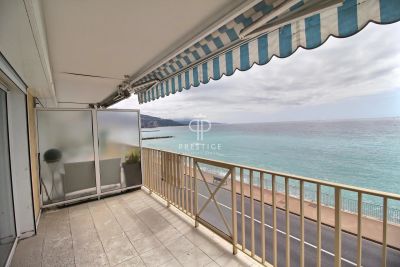
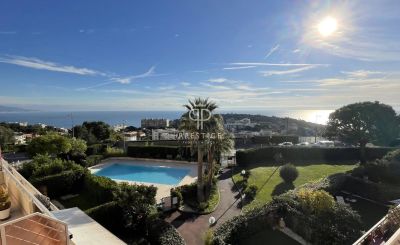

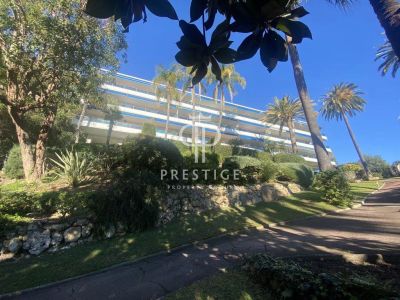
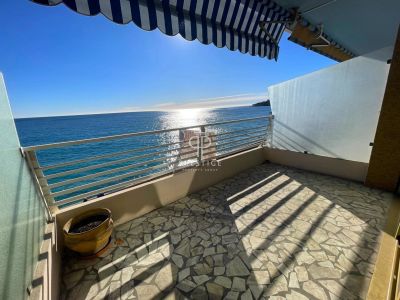
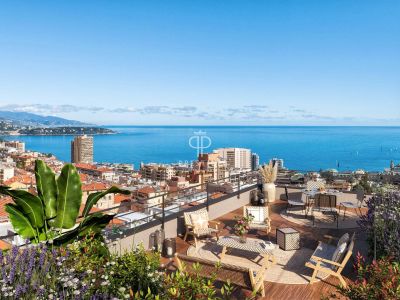
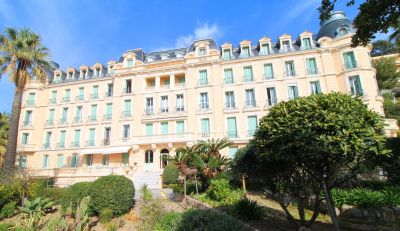


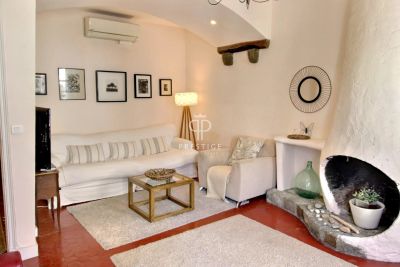



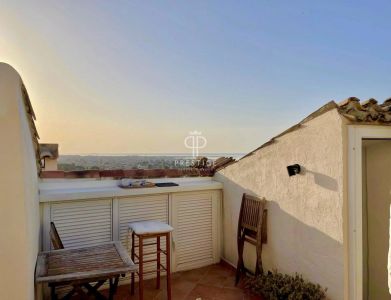
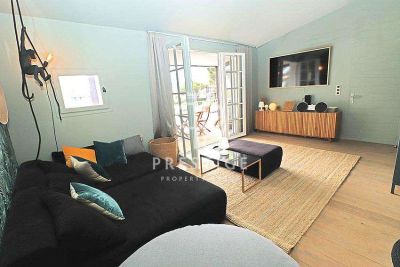

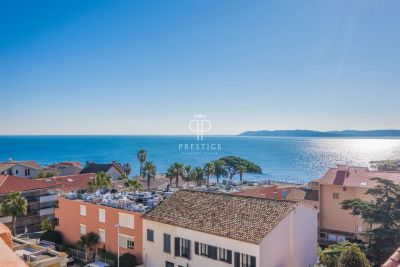
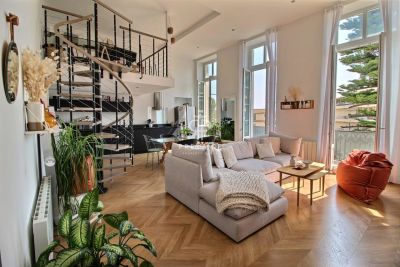
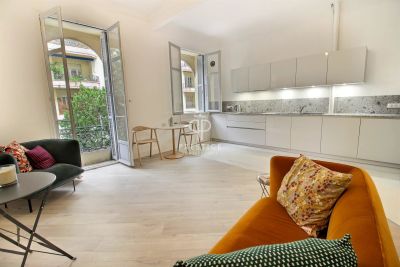
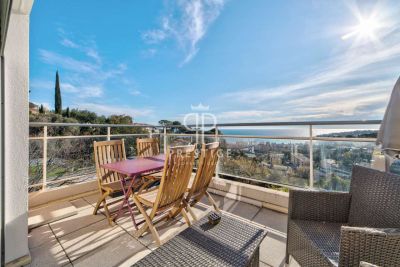
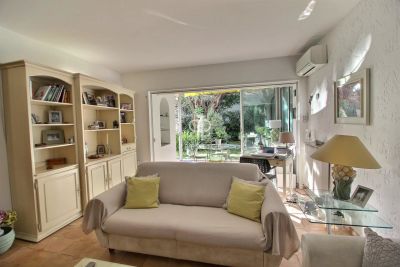
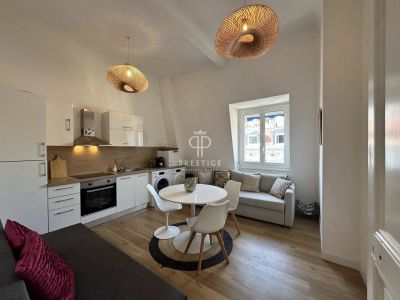
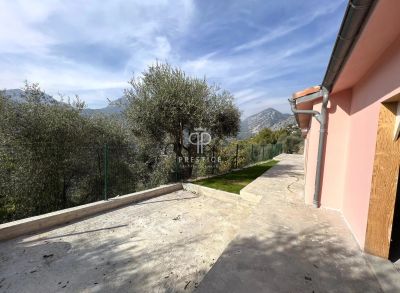

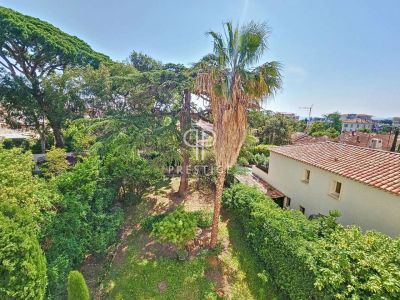

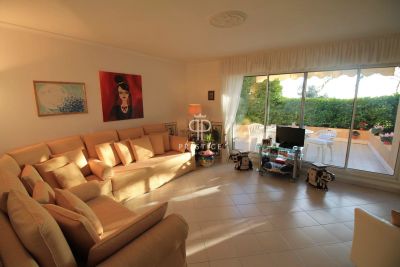

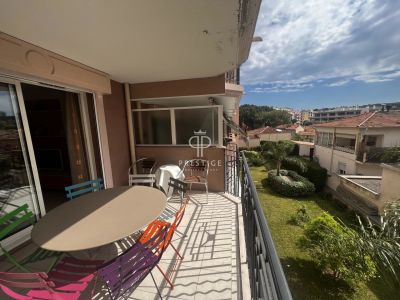

 Facebook
Facebook Twitter
Twitter Instagram
Instagram